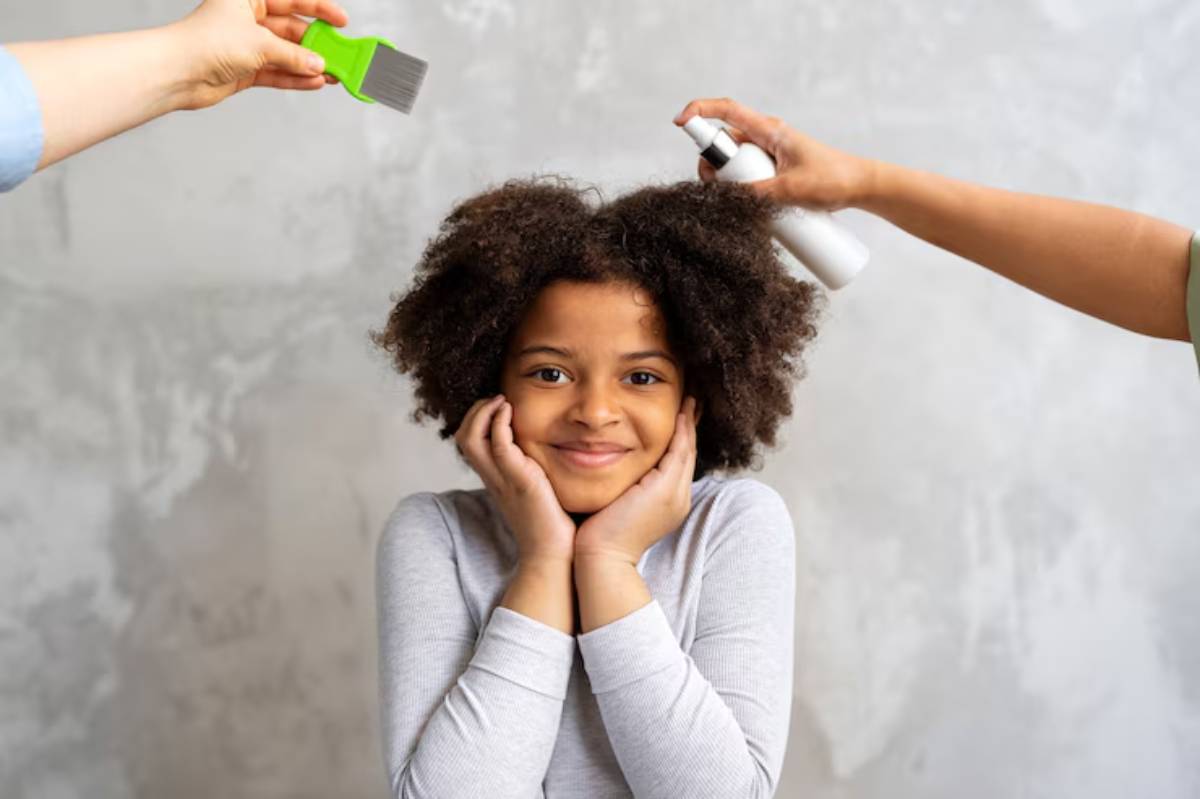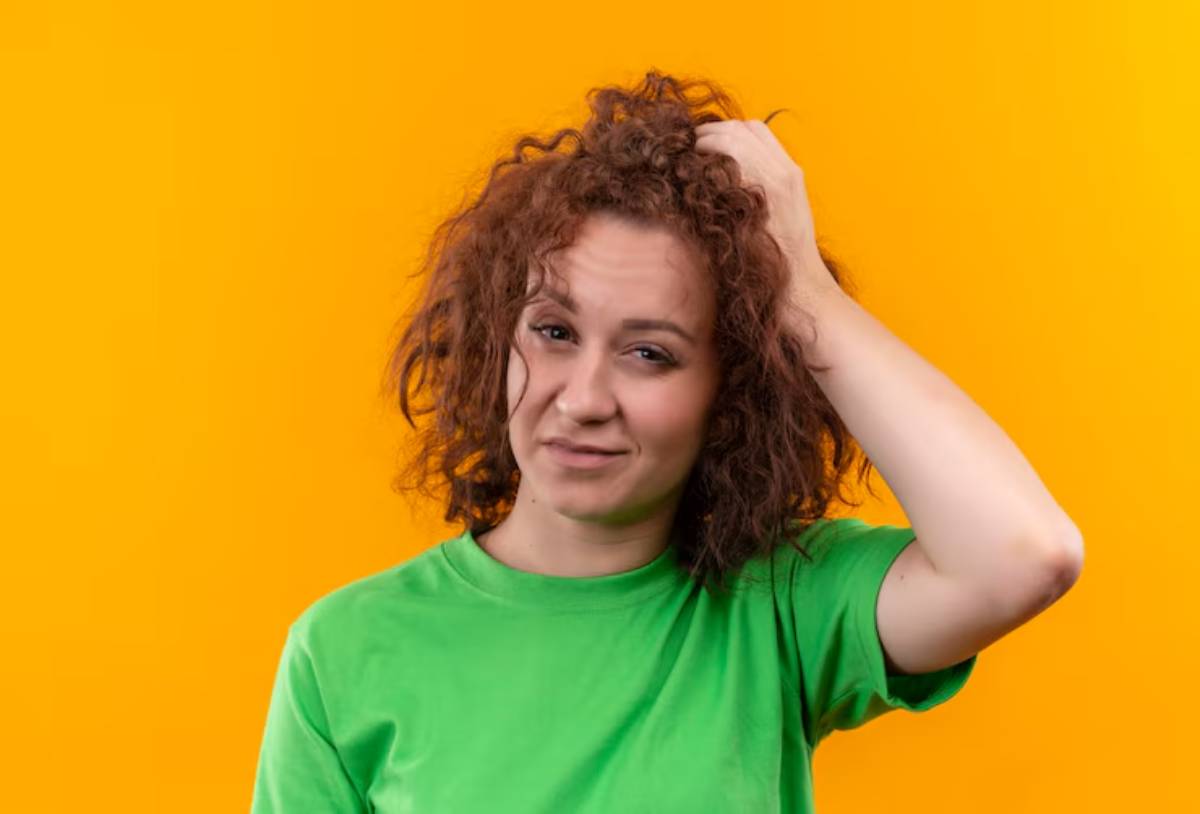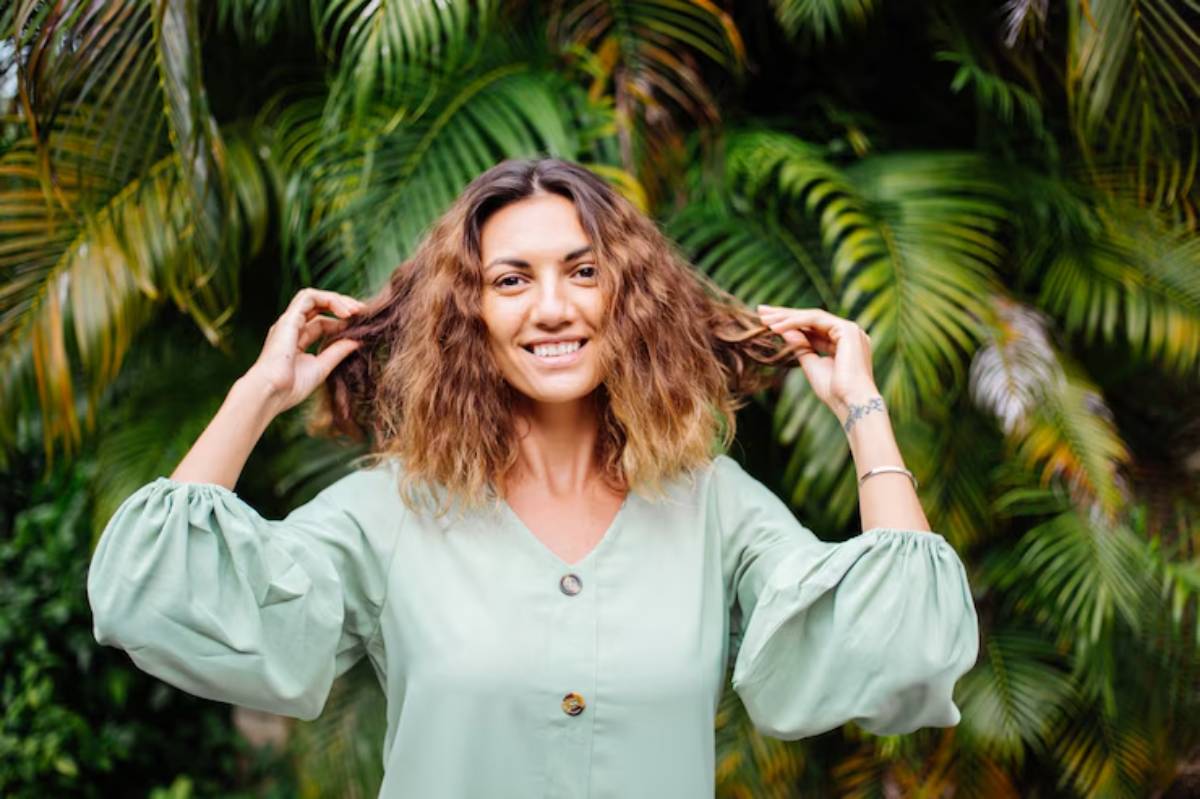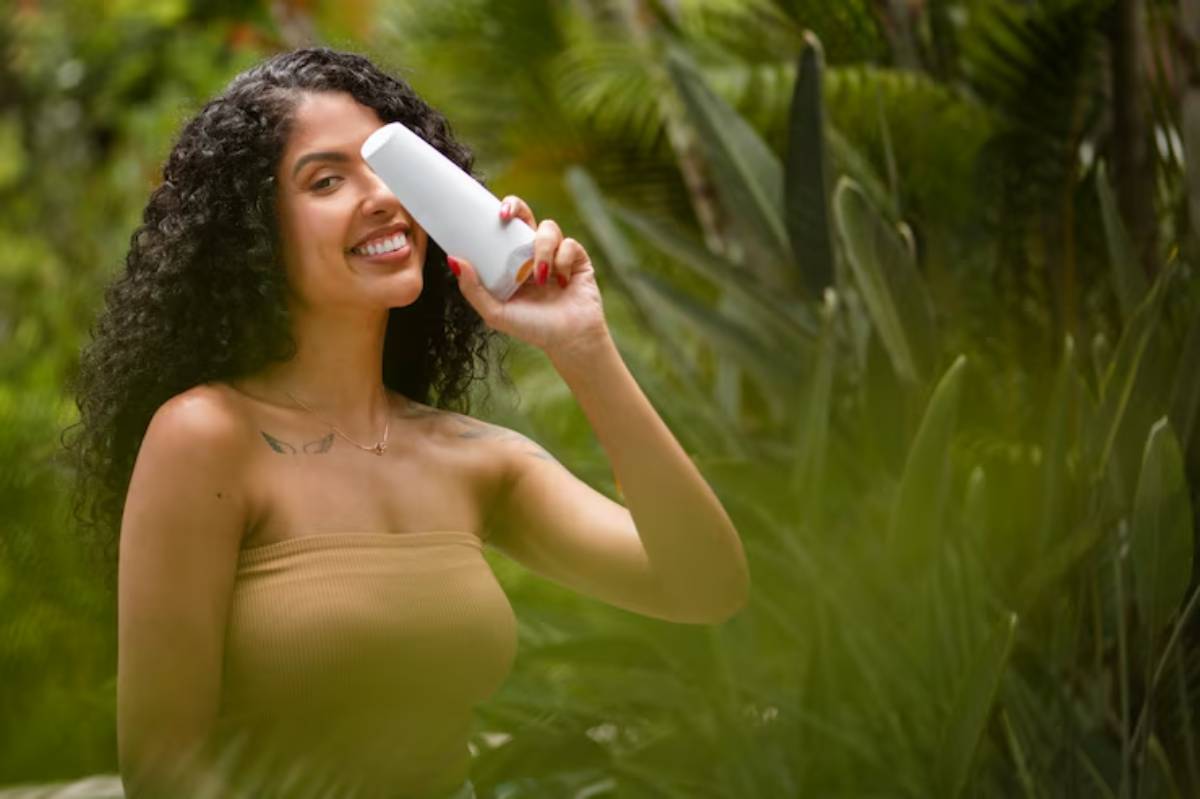
Is Shampoo Bad for Curly Hair?
If you’ve spent time in the curly hair community, you’ve likely come across the debate: is shampoo bad for curly hair? Some swear by cleansing with only conditioner, while others remain loyal to their weekly lather. Then there are those who’ve ditched shampoo entirely, afraid of frizz and dryness.
With curly hair being naturally drier and more fragile, the idea that shampoo might be the enemy seems valid at first glance. But is it really shampoo that’s the problem — or is it the way it’s used?
In this article, we’re separating fact from fear. You’ll discover the science behind how shampoo interacts with curls, the types of cleansers available, and how to build a healthy cleansing routine that keeps your curls happy, clean, and hydrated.
Understanding Curly Hair and Why It’s Unique
The Role of Scalp Oils
Your scalp produces sebum, a natural oil that travels down the hair shaft to moisturise and protect. On straight hair, this process is smooth. But with curls? The bends and coils in the strand make it harder for oils to reach the ends, leaving curly hair more prone to dryness.
Why Moisture Matters

Because of this dryness, curly hair thrives with routines focused on hydration, gentle handling, and moisture retention. So when you introduce something as cleansing as shampoo, you risk disrupting the delicate balance curls rely on.
The Problem Isn’t Shampoo — It’s Harsh Shampoo
Sulphates: The True Culprit
Many traditional shampoos contain sulphates, like sodium lauryl sulphate (SLS), which are detergents that strip hair of dirt, oil, and, unfortunately, moisture too. While effective at cleaning, they can be too aggressive for curls, leading to:
- Frizz
- Dryness
- Scalp irritation
- Loss of definition
What to Avoid on the Label
Watch for these ingredients on shampoo bottles:
- Sulphates (SLS, SLES)
- Alcohols (especially drying types like isopropyl alcohol)
- Artificial fragrances (can cause sensitivity)
How Often Should You Shampoo Curly Hair?
It Depends on Your Lifestyle and Curl Type
There’s no universal answer, but as a guide:
- Loose waves (Type 2): Every 4–5 days
- Curly (Type 3): Once a week
- Coily/kinky (Type 4): Every 7–10 days or more
You may need to cleanse more often if you:
- Sweat regularly
- Use heavy styling products
- Live in a humid or polluted area
Otherwise, space it out — your curls will thank you for it.
The Best Cleansing Methods for Curly Hair
1. Sulphate-Free Shampoo
These are gentle alternatives that cleanse without over-stripping. Look for shampoos with ingredients like:
- Coconut-derived surfactants (e.g., coco-glucoside)
- Aloe vera
- Plant oils (like argan or jojoba)
They offer balance: enough cleaning power to refresh your scalp, but gentle enough to preserve your curls’ natural oils.
2. Co-Washing
Short for “conditioner washing,” co-washing uses a cleansing conditioner in place of shampoo. It’s ideal for:
- Extremely dry hair
- Those who wash more frequently
- Mid-week refreshes
Co-washing hydrates while gently removing surface buildup. Just ensure you occasionally use a clarifying product to avoid scalp congestion.
New to curl care? Explore The Beginner’s Guide to Caring for Curly Hair to learn how cleansing fits into a full curl routine.
3. Clarifying Shampoo (Use Sparingly)
A clarifier is a stronger shampoo used to deep-clean the scalp and remove product buildup. Great for once-a-month resets — especially if you use lots of stylers or live in hard water areas.
Use this only when needed, and follow with a deep conditioner to replenish moisture.
What Happens If You Never Shampoo?
Risks of Over-Co-Washing or Avoiding Shampoo Altogether

While it’s tempting to avoid shampoo entirely, over-relying on co-washing can lead to:
- Scalp buildup
- Itching or flaking
- Stunted hair growth due to blocked follicles
- Unpredictable curl performance
Your scalp is skin, and it needs regular, thorough cleansing to remain healthy.
Choosing the Right Cleanser for Your Curls
Questions to Ask Yourself
- How often do I style with product? More product means more cleansing is needed.
- Does my scalp feel itchy or oily between washes? You may benefit from gentle but regular shampooing.
- Is my hair extremely dry or coarse? Co-washing or alternating cleansers might be best.
Product Types at a Glance
| Cleanser Type | Best For | Example Routine |
| Sulphate-Free Shampoo | Weekly or bi-weekly gentle cleansing | Cleanse → Condition → Style |
| Co-Wash | Midweek moisture refreshes | Co-wash → Rinse → Style |
| Clarifying Shampoo | Monthly deep clean or after heavy styling | Clarify → Deep Condition |
Tips for a Healthy Shampoo Routine
- Always detangle before shampooing to reduce breakage
- Focus on your scalp, not the ends — the lather will cleanse the lengths as it rinses
- Rinse with cool water to seal the cuticle and reduce frizz
- Follow with a moisturising conditioner or deep treatment
For help restoring moisture after washing, check out Top Deep Conditioners for Hydrated Curls.
Understanding Your Scalp’s Needs
A healthy scalp equals healthy hair. If you’re dealing with issues like dandruff, itchiness, or flaking, shampoo is not your enemy — it’s your tool.
Try scalp-specific shampoos with:
- Tea tree oil (antifungal, soothing)
- Salicylic acid (removes buildup)
- Peppermint oil (stimulating and refreshing)
Conclusion: Shampoo Isn’t Bad — It’s About Balance
So, is shampoo bad for curly hair? Not at all — but the wrong kind of shampoo used the wrong way definitely is.
The key is to:
- Choose gentle, curl-safe formulas
- Cleanse as often as your scalp and lifestyle demand
- Avoid harsh ingredients like sulphates
- Maintain hydration through your full routine
Rather than fearing shampoo, embrace it as a tool — one that, when used wisely, supports your curls rather than sabotaging them.
Your curl journey is unique. The more you understand what your hair needs — and doesn’t — the better your results will be.


